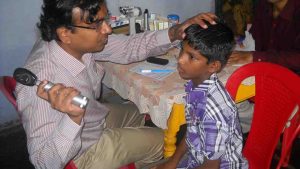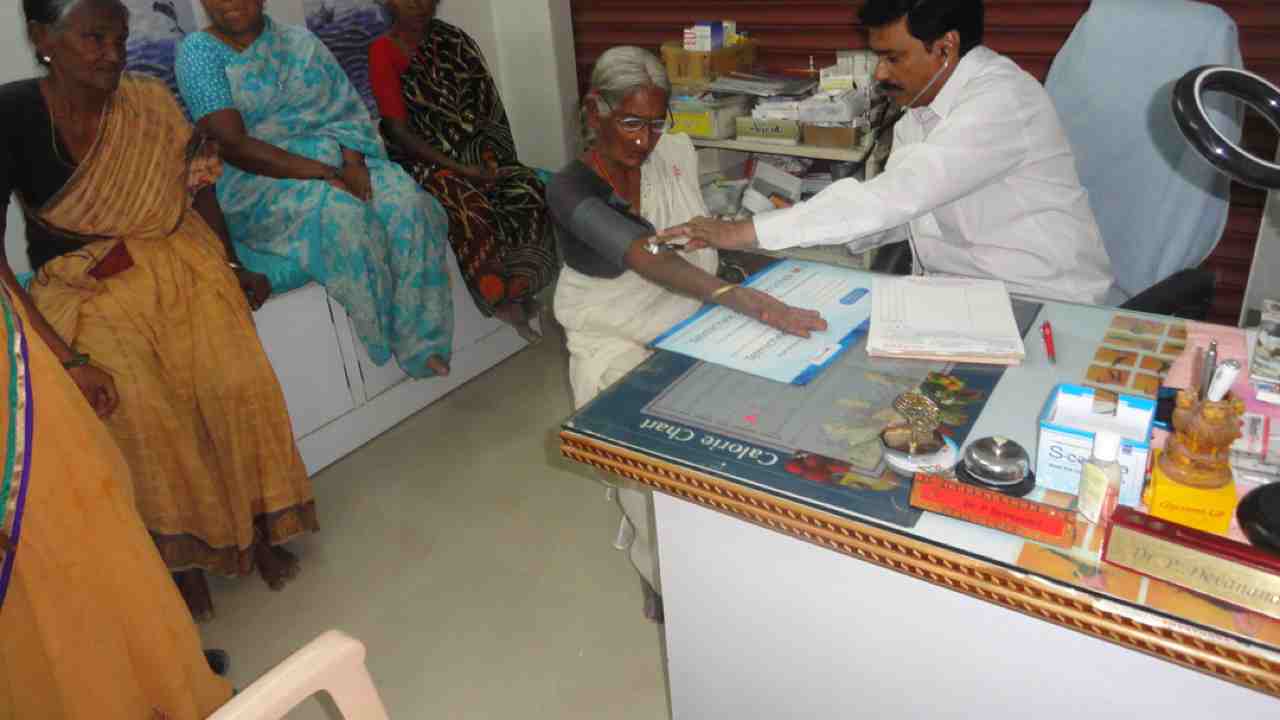
Caste and religious discrimination results in these families being dependent on bonded labour, rolling raw tobacco into cigarettes. Children are at risk through exposure to the tobacco atmosphere in the womb, as infants and as child-labourers (from 7 yrs old).
The children are from low-caste Muslim, Hindu, tribal families who are uneducated, do not own land or have alternative livelihoods. 7580 children in the project villages will be helped, along with their families; a total of 25500 people
Providing an integrated program of education, health care & livelihood opportunities for sustainable income stopping child labor, including the provision of access to education (daycare with creche facilities).
Each child can access education, proper health care, nutrition, and recreation to enable them to have a childhood free from child labor and child marriage and to support their overall development and the completion of their education.
In the future, India will see a full range of healthcare options, with small clinics coexisting alongside home treatment and huge, advanced hospitals. Outside of hospitals, more and more home healthcare, ambulatory, and emergency care services are being offered. The emphasis is likewise shifting away from curative care and toward prevention.




